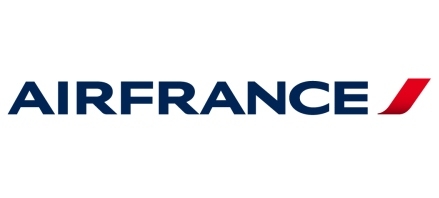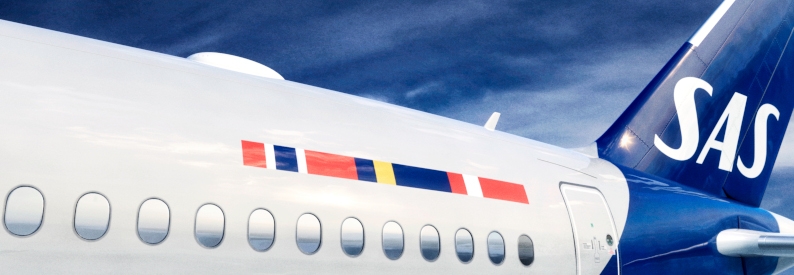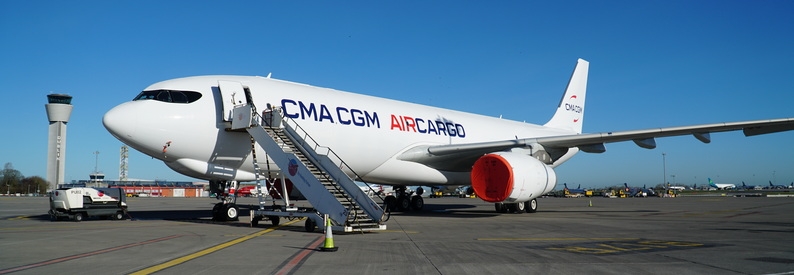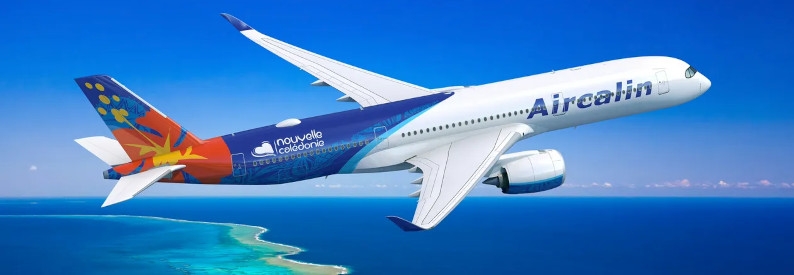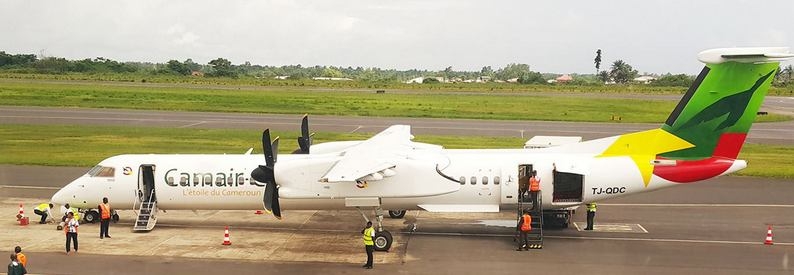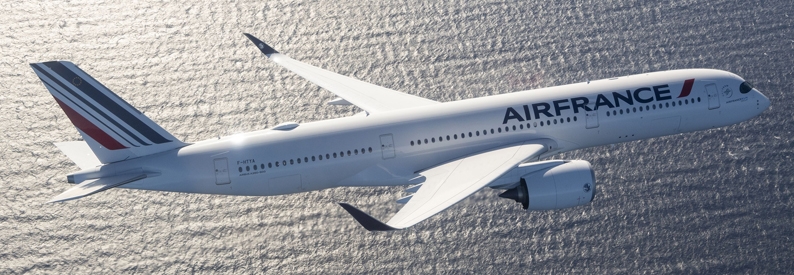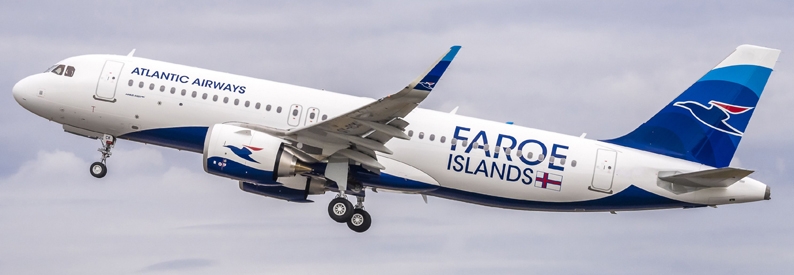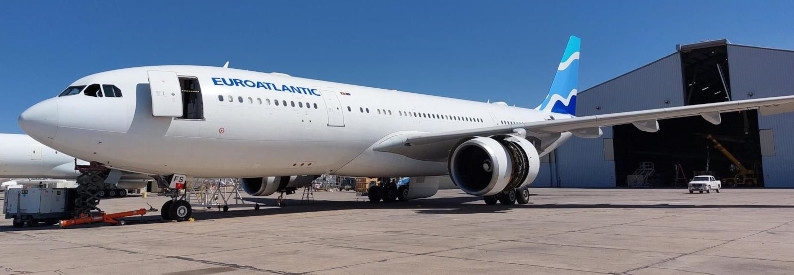Faced with the growing restrictions on travel and a sharp downward trend in demand, Air France-KLM has reduced its capacity "very significantly" this week, with the number of available seat kilometres (ASKs) potentially dropping by between 70% and 90%, the group revealed in a statement on March 16.
These cutbacks are currently scheduled to last two months but may be adjusted daily. As a result of the reductions, Air France will ground its entire A380-800 fleet, KLM Royal Dutch Airlines its entire B747-400 fleet.
The group said it had already taken "a number of strong measures" to secure its cashflow, including additional savings measures that will generate EUR200 million euros (USD216 million) in 2020 and a review of its investment plan that cuts capital expenditure by EUR350 million (USD377 million).
Last week, Air France-KLM drew down a revolving credit facility for a total amount of EUR1.1 billion (USD1.2 billion), divided into two equal tranches that are renewable at the group's request for periods of one, three, or six months until November 6, 2022.
The group and its subsidiaries have more than EUR6 billion (USD6.5 billion) in cash and cash equivalents, as of March 12. However, it has estimated that the drop in revenues from the passenger business will only be offset by around 50% by the reduction in variable costs before cost-saving measures.
Air France is preparing a plan to put 80% of its nearly 40,000 employees into partial unemployment, sources told the newspaper Le Monde on March 17, adding that only employees who exercise "vital functions" will be spared.
The mode of application of these measures will be decided this week after social and economic committee meetings are held. However, Air France reassured its employees that "there will be no dry layoffs" and that before taking any decisions, the management will consult with unions.
KLM released a statement on March 16 saying it had applied for a reduction in working hours for about 70% of all staff and was discussing with unions how this could be achieved "in the best possible way". The Dutch flag carrier will have to reduce capacity by 10% to 20% "in the coming period", it added.
CEO Pieter Elbers communicated the measures in a video message to KLM employees, saying that while the airline was looking for ways to reduce costs significantly, it was making "every effort to repatriate as many customers as possible and to allow employees to retain their jobs."
Elbers had already told De Telegraaf on March 12 that the airline was in a "serious crisis" due to the Europe-US travel ban.
Wopke Hoekstra, the Dutch finance minister, told the Buitenhof TV show on March 15 that the government would do everything in its power to keep Air France-KLM afloat and was discussing a joint approach with his French counterpart Bruno Le Maire and Air France-KLM CEO Ben Smith.
"We are on top of it. [...] We must ensure that the companies can continue and people keep their jobs," he said.
France's government has pledged "close consultation" with the Netherlands before making any decision to support Air France, Le Maire said on March 18. "We have excellent political and economic cooperation with the Netherlands. Air France-KLM is a partnership that works, and we want very close cooperation, and this is the case, between the two governments," he added.
Measures may include a capital increase in Air France-KLM or even nationalisation as several members of the French government have hinted, La Tribune reported on March 19.
